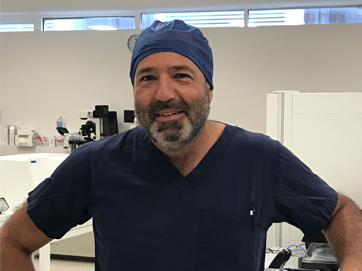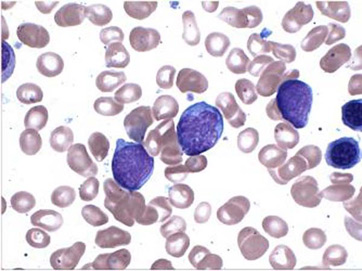Dr Gavin Sacks, Fertility Specialist
MA BM BCh DPhil FRCOG FRANZCOG CCSST (UK subspecialist in Reproductive Medicine)
Clinical Director at IVFAustralia, Staff Specialist at St George Hospital and Royal Hospital for Women, and a Conjoint Associate Professor at UNSW.
Dr Sacks is one of Australia’s leading IVF Specialists and developed ‘The Bondi Protocol’ – immune therapy (prednisolone and clexane) which is affordable, easily accessible and effective in women with high NK cell levels.
Known for his direct and straightforward approach, Dr Sacks believes that there is no ‘one-size fits all treatment package’, and works together with his patients to find the right solution for their unique needs.




